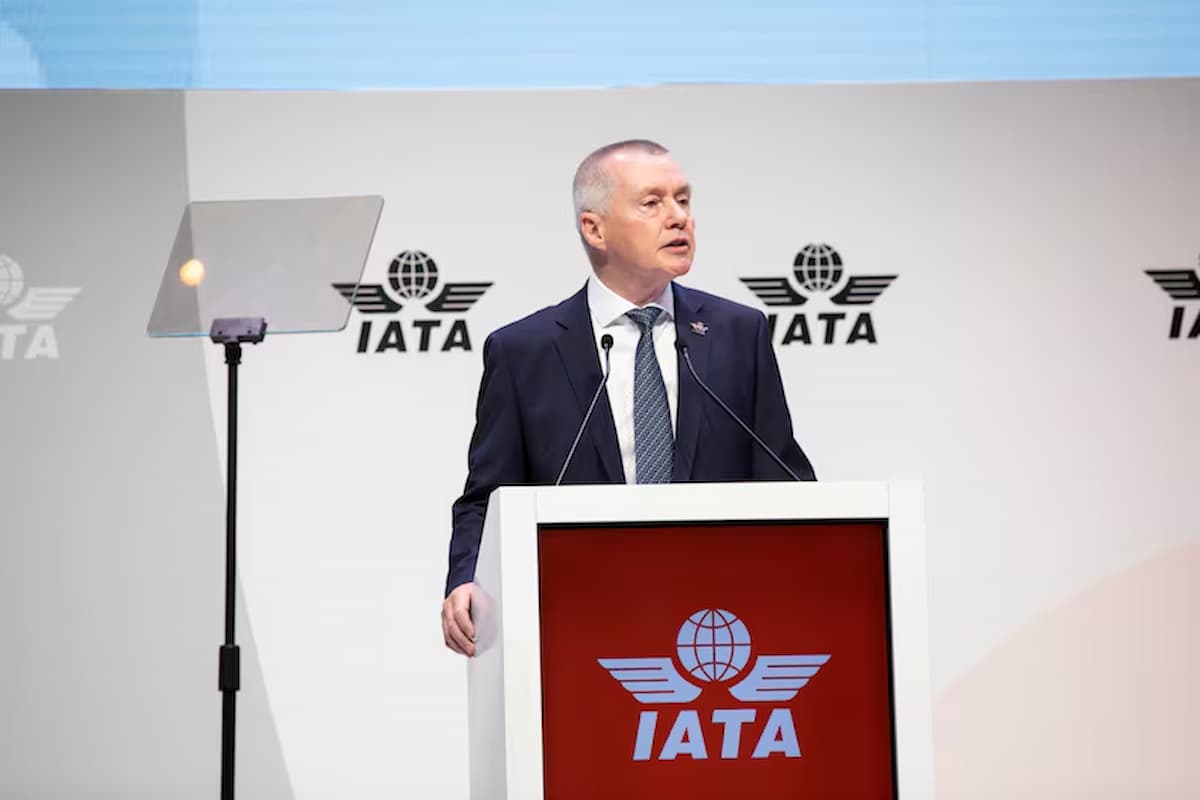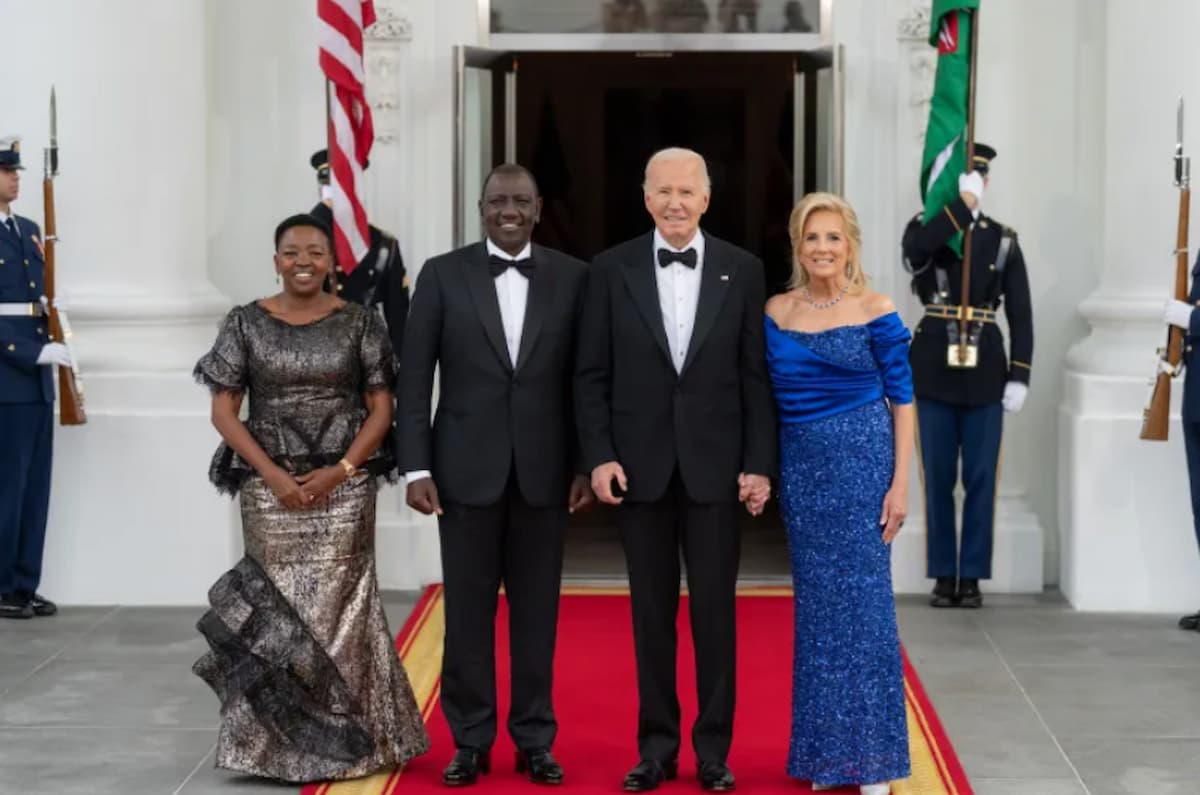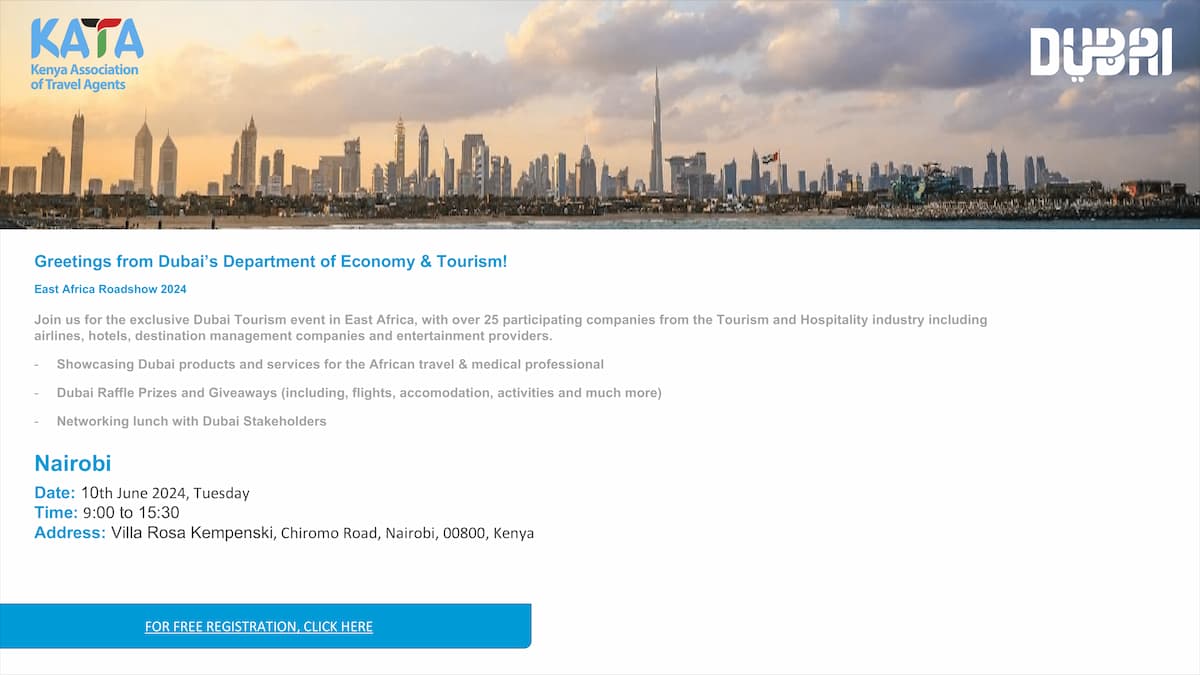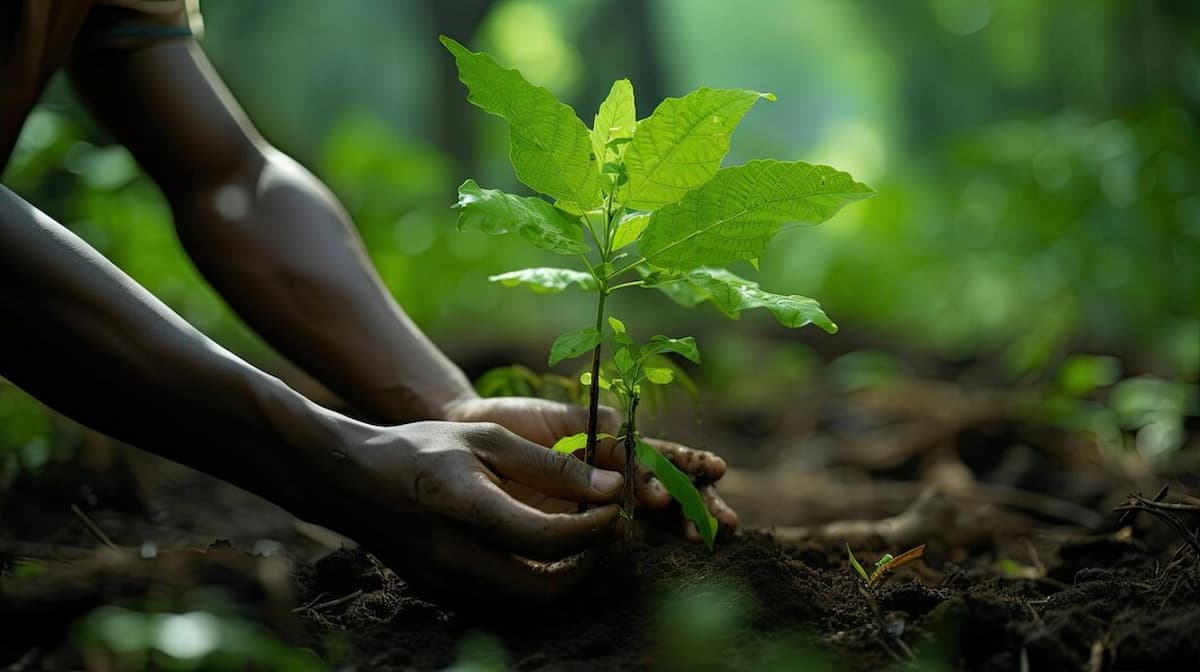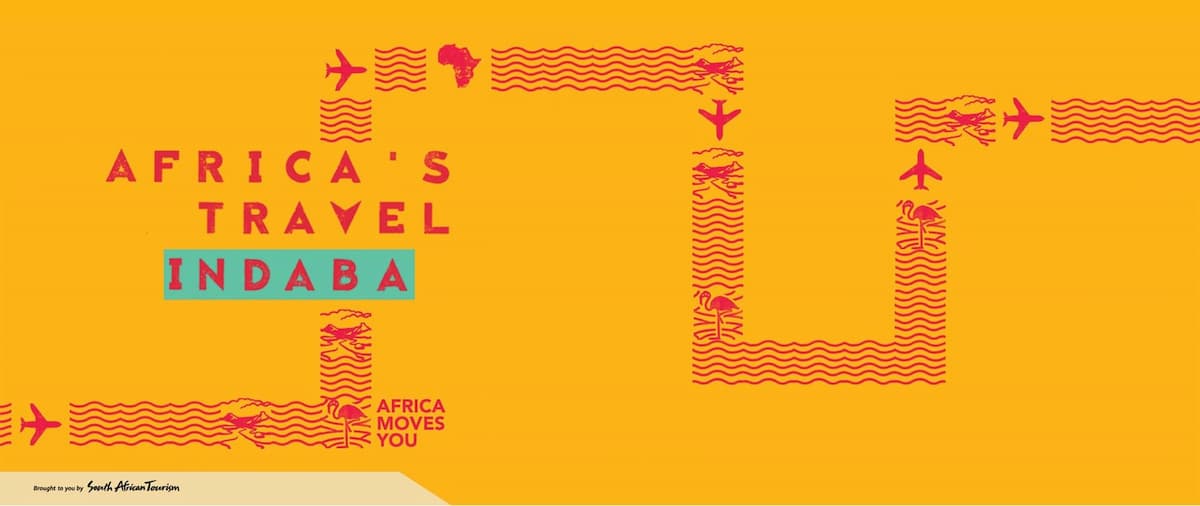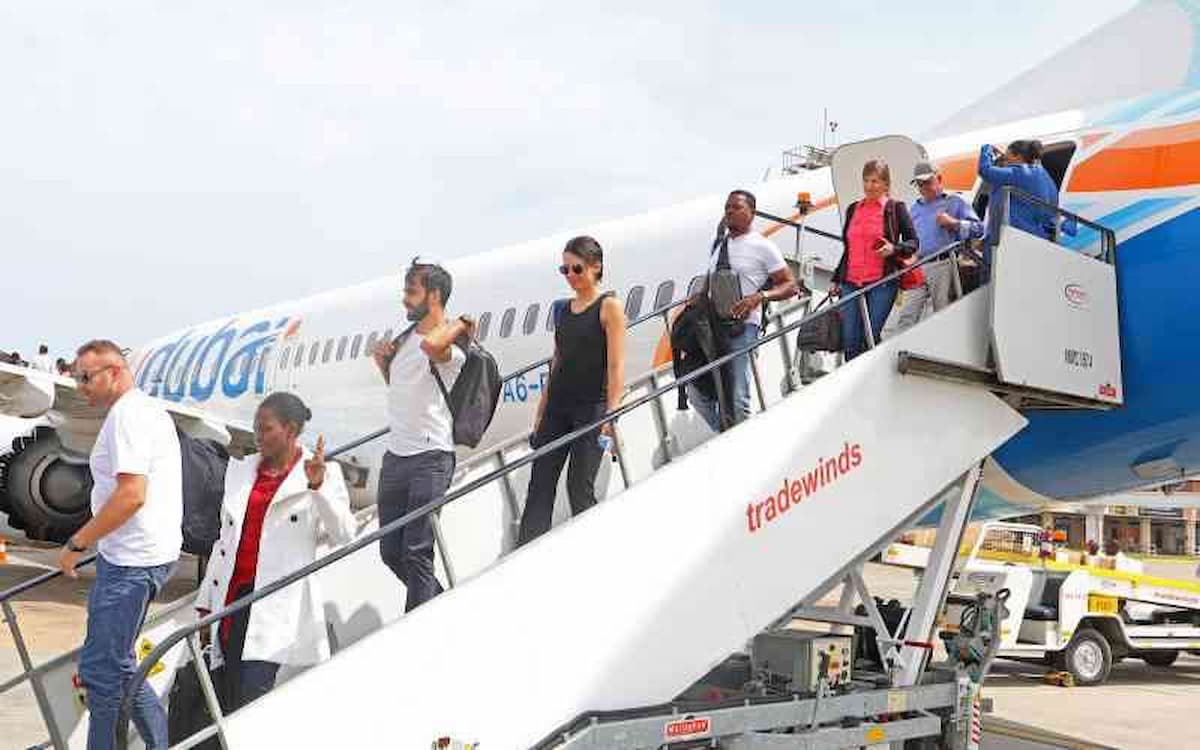Global airlines will gather for an annual summit starting from Sunday under the shadow of the Israel-Gaza war to discuss ways to navigate geopolitical instability, turn climate goals into reality and overcome pressures on growth from strained supply chains.
The International Air Transport Association (Iata) will hold its 80th annual general meeting from Sunday to Tuesday in Dubai for the first time, underscoring the city’s importance as a global aviation hub and home to Emirates airline. An influential airlines lobby group, Iata has 300 members from 120 countries who carry more than 80 per cent of the world’s air traffic.
“Dubai’s world-leading connectivity places it at the crossroads of the planet. And it will soon be the centre of the airline industry’s leadership,” said Willie Walsh, IATA’s director general.
Global airlines are riding the wave of a post-pandemic travel boom and enjoying higher fares as demand exceeds the supply of available seats, but this is tempered by plane shortages, faltering supply chains, conflicts and increasing costs.
“Discussions at the Iata annual general meeting will turn to the serious issues airlines are experiencing as a result of shortfalls in aircraft deliveries, restrictions of air routes due to regional conflicts, supply chain disruptions, fuel charges and other immediate constraints on fulfilling travel demand,” Anita Mendiratta, founder of London-based consultancy Anita Mendiratta & Associates, told The National.
“Not to mention … continued labour shortages putting pressure on airline and airport operations, the increasing cost of travel and, of course, destination safety as a result of the enduring conflicts.”
Airline chiefs are also likely to address “underlying passenger concerns” after two recent flights encountered extreme turbulence, said Ms Mendiratta, also special adviser to the chief of UN tourism.
One man died and dozens were injured on Singapore Airlines flight SQ321, while 12 were injured on Qatar Airways flight QR017 that struck severe turbulence last week.
The Iata meeting will start with an updated report on the state of the aviation industry, detailing airlines’ collective financial performance.
In its latest report in December, Geneva-based Iata forecast that the industry’s net profit will surge by more than 10 per cent annually to $25.7 billion in 2024, while revenue is projected to grow 7.6 per cent year on year to a record $964 billion.
High on the agenda for the international airlines summit in Dubai are discussions around how long the prolonged post-Covid travel boom might continue as consumers become more price sensitive due to higher living costs.
A waning of the “revenge travel” phenomenon would deliver a blow to airlines already struggling with higher costs and limited aircraft availability.
Boeing and Airbus talks
Also high on the agenda will be airline bosses’ concerns around the years-long aviation supply chain problems, ranging from delayed plane deliveries to shortage of parts and fewer skilled workers. This has hampered airlines’ growth plans as they cannot ensure additional capacity to meet demand.
Manufacturing woes at Boeing and defects on Pratt & Whitney engines that power Airbus narrow-bodies are limiting the availability of planes, with airline chiefs expressing their frustration with production.
Boeing is currently in the middle of a search for a new chief executive to steer the US plane maker out of its worst crisis in years.
Airlines will use the Iata gathering as a platform for meetings with the troubled manufacturer and with its European rival Airbus to updates on their aircraft deliveries, aviation analysts said.
“Most of the conversations will be the airlines asking Boeing, ‘how are you improving the quality of builds and ensuring safety? And what is the timing for my deliveries? Has the timeline slipped? How realistic is the new timeline?'” George Ferguson, senior aerospace analyst at Bloomberg Intelligence, told The National.
The private suites of the JW Marriott Marquis where the Iata gathering will be held will set the scene for these crucial meetings.
Boeing executives attending the summit will “undoubtedly use the opportunity to reinforce business relationships and to reassure airline leaderships that it is fully addressing quality issues as well as attempt to placate them about ongoing delivery delays”, aviation consultant John Strickland said.
While much of these conversations will be around airlines’ need to boost capacity, this is “a two sided coin”, Richard Aboulafia, managing director of US-based AeroDynamic Advisory, told The National.
“Inadequate capacity can push up prices and profits, on routes where demand is sufficient,” he said. However, high ticket prices can put off price-sensitive consumers as they grapple with inflation.
Environmental pressures
Airlines at the Iata gathering, facing pressures from environmental activists, will also need to explain how they plan to meet a target of net-zero emissions in 2050.
Key to this plan in the short-to-medium term is access to sustainable aviation fuel (SAF) as a more environment-friendly alternative to conventional jet fuel.
SAF is three to five times more expensive than jet fuel, “to the extent it would knock many consumers out of air travel if it was used widely” and the investment case for SAF production plants does not appear compelling enough to attract investments, Mr Ferguson said.
“I would say the plan is on life support already. There will be a lot of conversations at the AGM around where to go from here.”
The Iata meeting will focus on how to “inject more political impetus” from governments to help ensure the aviation industry can deliver on its sustainability goals, Mr Strickland said.
The shadow of war
The Iata meeting will take place as the Gaza war enters its ninth month in June, while negotiations to secure at least a pause in hostilities have been deadlocked for months. Last week, Israel launched a number of strikes on the southern Gaza city of Rafah killing dozens of Palestinians, including women and children, and have blocked humanitarian aid into the enclave.
For airlines, the Gaza war and Russia-Ukraine war has forced them to reallocate unused capacity in those regions and avoid the use of air space where regional tensions have flared up.
“I would anticipate significant discussion of the challenging geopolitical context of global airline operations especially in a year with a record number of presidential elections,” Mr Strickland said.
Emirates airline’s succession plans
Dubai-based Emirates will be the host airline of the Iata meeting this year and all eyes will be on its president Tim Clark.
The airline recently appointed its current chief operations officer Adel Al Redha and chief commercial officer Adnan Kazim as deputy presidents.
However, Emirates has not yet named a successor to Mr Clark, a step that the industry will be watching closely.
“The Emirates succession will be talked about extensively. As the most successful super-connector, smart airlines are mindful of where Emirates is going,” Mr Ferguson said.
“Tim Clark has had a strong run at the airline and its recovery from the pandemic is progressing nicely … his successors have big shoes to fill.”
This year’s Iata discussions will also revolve around the use of artificial intelligence in air travel and prospects of air cargo, according to the event programme.
Another focus will be on improving the male-dominated aviation industry’s persistent gender imbalance. The fifth edition of the Iata Diversity and Inclusion Awards will recognise organisations and individuals who are contributing to the 25by2025, an Iata initiative to bring more women into senior aviation leadership positions.
Source: The National News.

